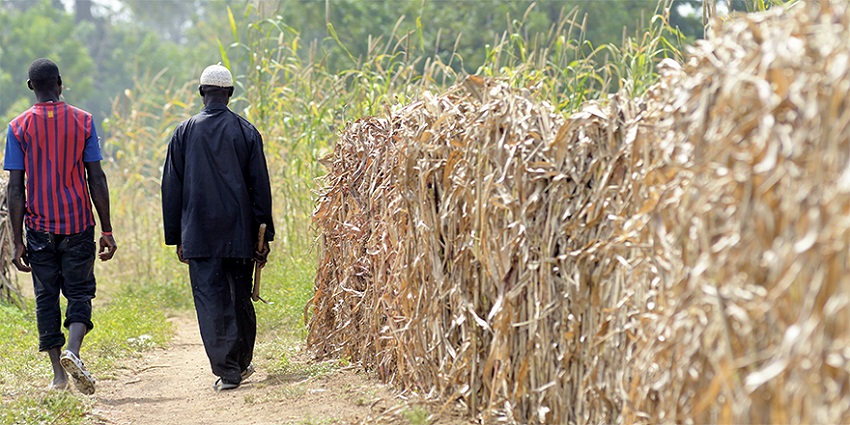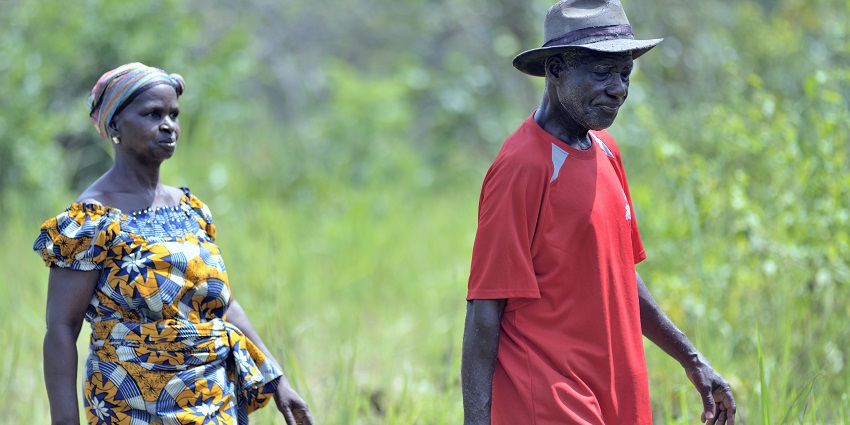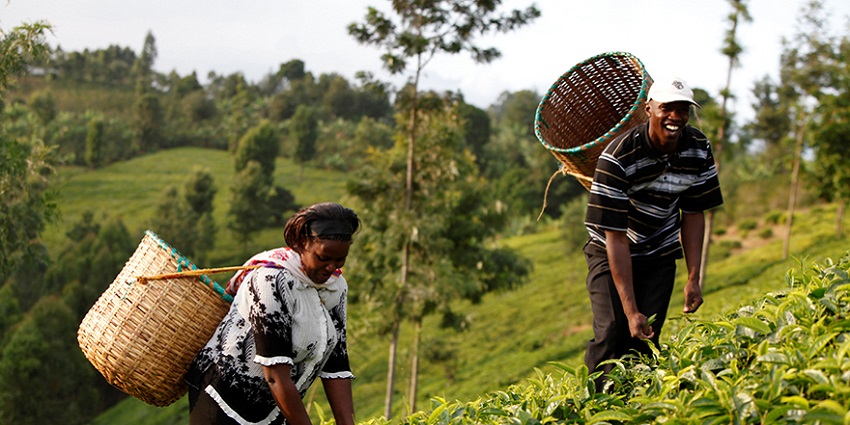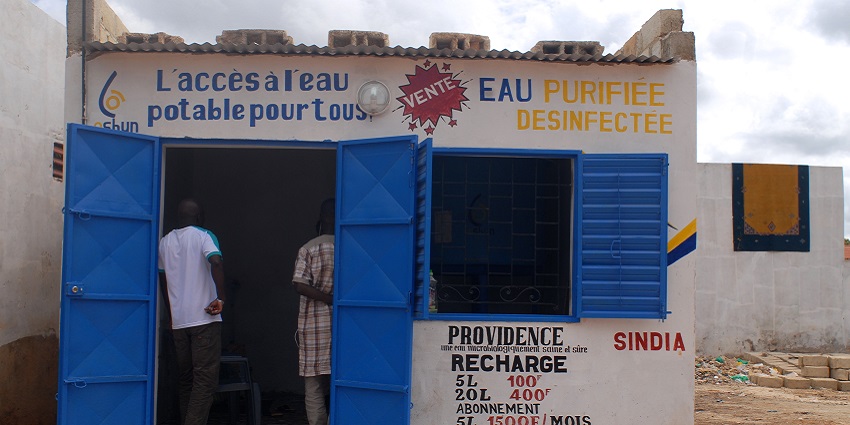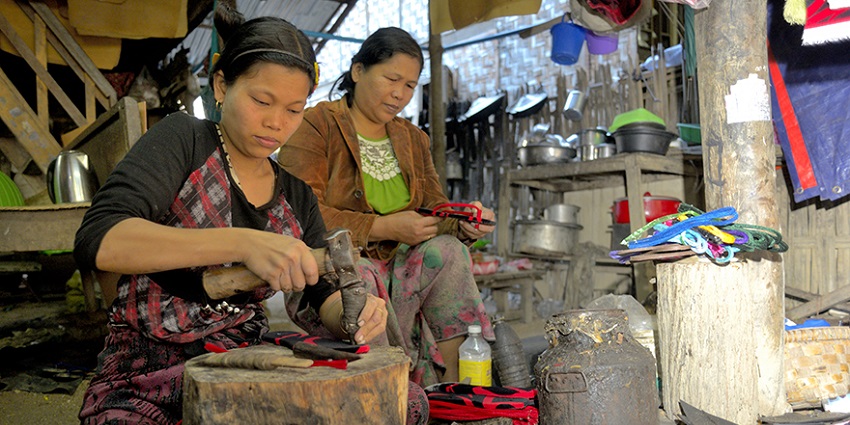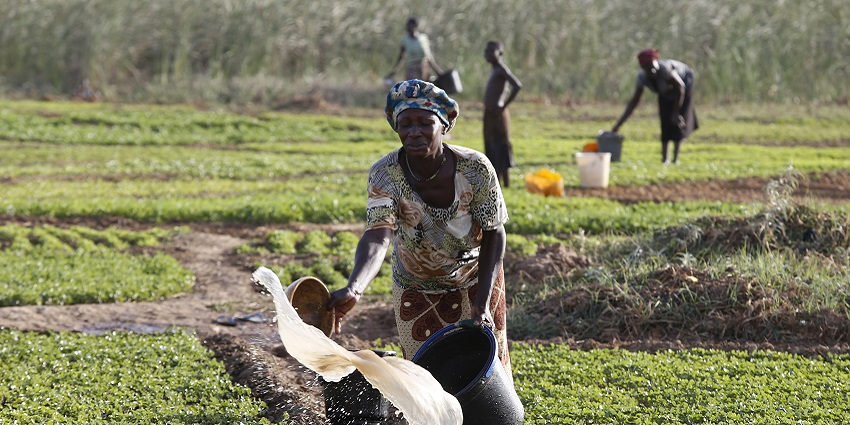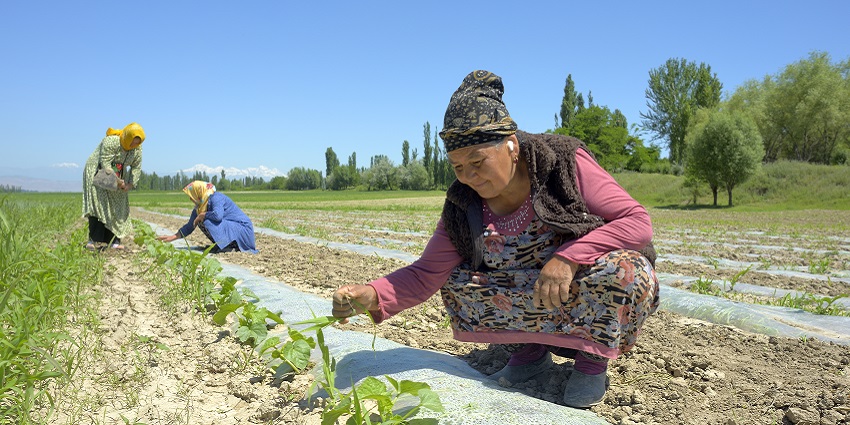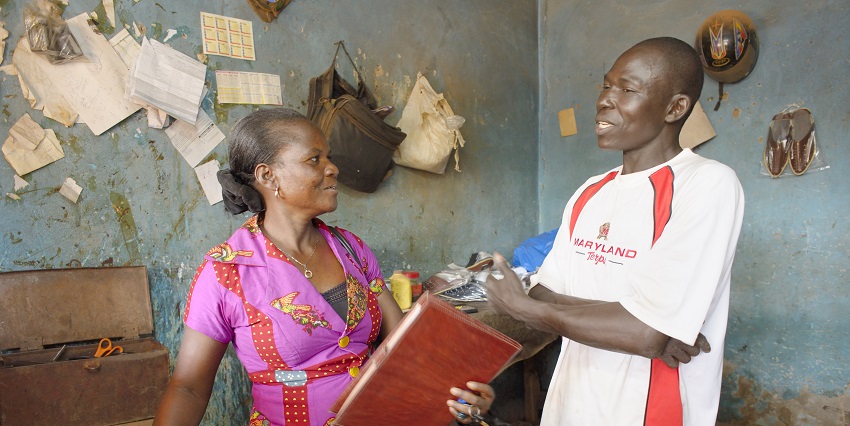By Jonathan Michaud, CA Franche Comté
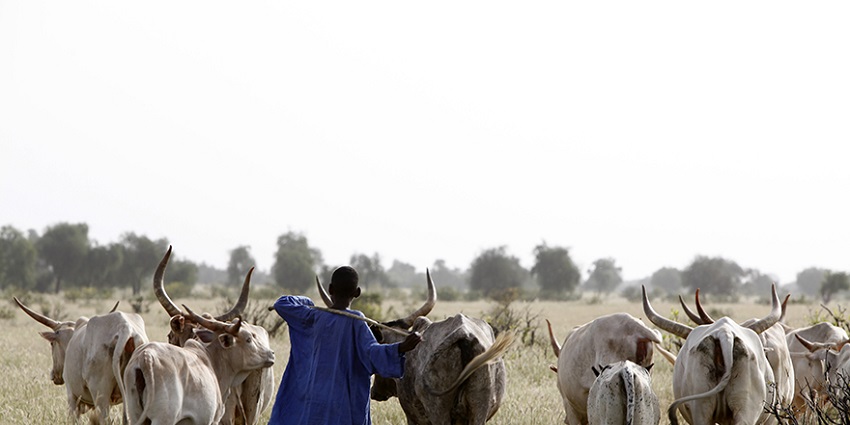
© Philippe Lissac
The Fulani, nomadic herders, have always produced milk primarily for self-consumption and considered a by-product of a suckler herd. The LDB's ambition is to turn this milk into a fully-fledged production, intended for sale, generating a stable income for the household.
The reason for being of the Laiterie du Berger
Processing milk collected from Fulani herders in the Richard Toll area of northern Senegal has been part of the business plan of Laiterie du Berger (LDB) since its inception in 2008. The Fulani, nomadic herders, have always produced milk primarily for self-consumption and considered a by-product of a suckler herd. LDB's ambition is to turn this milk into a fully-fledged production, intended for sale, generating a stable income for the household.
This strong idea of integrated and sustainable development through the promotion of agricultural production by a social business enterprise has brought together numerous initiatives around the LDB, whether led by research and development stakeholders or by the Dairy itself. Although sometimes suffering from a lack of coherence between them, all the actions carried out have nevertheless made it possible to learn many lessons, develop monitoring tools and thus contribute to the beginnings of a true territorial dynamic around dairy production. The Laiterie du Berger and its shareholders now wish to capitalize on and promote all this rich experience to embark on a new stage in the development of the dairy sector in Senegal.
An ambitious partnership to develop the dairy sector in Senegal
Alongside the Grameen Crédit Agricole Foundation, the Caisse Régionale de Crédit Agricole Franche-Comté wanted to get involved in supporting Laiterie du Berger in this exciting project. It is in this context that a support mission was carried out as part of the "Solidarity Banker by CA" skills volunteer program. The objective: to develop a development plan for the dairy sector aimed at reconciling Laiterie du Berger's needs, its social impact, and the expectations of farmers and the region.
The action plan proposed at the end of the two-week work was approved by the Laiterie du Berger Board of Directors last June. It is the result of collaborative work with the Laiterie and Foundation teams, and discussions with other shareholders, capitalizing on past experiences and benefiting from the analysis of key stakeholders.
The mini-farm: entry point of the strategic plan
The action plan is structured in two phases. The first phase involves deploying 15 mini-farms to test and ensure the reliability of the model while building the necessary tangible and intangible conditions (fodder harvesting site, livestock advisory services, farmer training, and stakeholder structuring). The second phase, and a gradual rollout, aims to deploy 100 mini-farms across the country to impact as many farmers as possible.
A mini-farm is a center of dairy specialization within the dominant suckler herd. It is the place where all the tangible and intangible production factors are brought together to optimize and maximize milk production: feeding, watering, monitoring of reproduction, advice. From a very practical point of view for breeders, the mini-farm consists of stabling the four best dairy cows of the herd at each moment of the year, the starting point being the purchase of four Moorish zebus (animals with better milk potential than local zebus) and a crossbred bull (a cross between a European dairy breed and a zebu). By meeting the zootechnical conditions (water, supplementation, monitoring of production and reproduction) and by supporting the farmer in the appropriation of the required breeding practices, the farmer will be able to produce 20 liters of milk daily.
The price of milk paid by the LDB will generate a return to cover the initial investment while ensuring a household income (see diagram opposite). This technical trajectory is coupled with a financial trajectory, the value of the capital being significantly improved after a 4-year cycle, the time taken for the entry into lactation of crossbred females resulting from the crossing of Moorish zebus and crossbred bulls.
The mini-farm thus makes it possible to bring together the three key factors for the success of developing a dairy sector around the LDB: temporality, by giving time to breeders and the territory to take ownership of and value the changes; trajectory, by providing material resources (animals, fodder, etc.) and immaterial resources (training, support) so that each breeder is part of a trajectory of technical progress; and the gradual removal of limiting factors in the territory (lack of access to water, difficulties in feeding livestock, etc.) to allow as many breeders as possible to improve and increase the milk production of their herd.
Towards an innovative mode of territorial development
The implementation of this development plan will only be effective and relevant if and only if the project is jointly supported by the LDB (which buys and adds value to the milk) and by the farmers (who produce the milk). This sector-based or interprofessional approach must materialize in the territory. We therefore propose the creation of an entity owned by the LDB, the farmers, and possibly other stakeholders in the territory. This company will have its own governance and will be tasked with meeting the needs of the farmers (fodder production, livestock feed trading, technical advice, training) and the needs of the LDB (sales of milk) with an obligation of results. It will be the armed wing of the farmers and the LDB in the service of balanced territorial development based on the production and promotion of milk and which could in the future broaden its scope of action to support the transition to sustainable rurality in Senegal.
